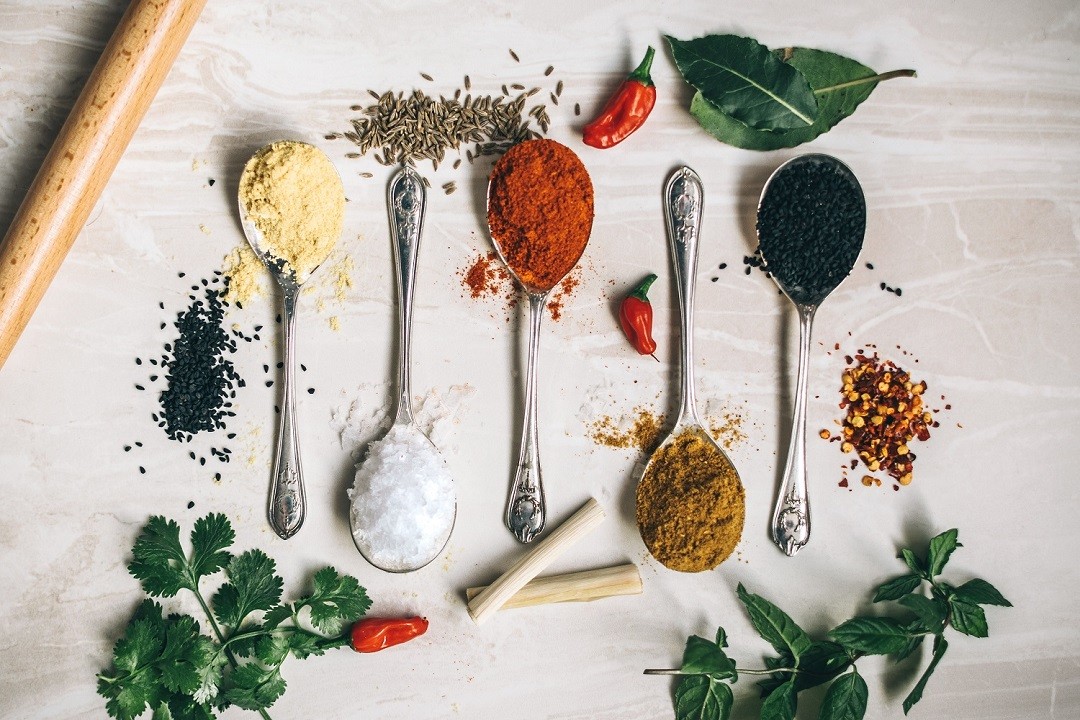
Anaemia is a condition in which the body has insufficient red blood cells to carry enough hemoglobin, which is responsible for transporting oxygen to different organs and tissues within the body. This condition can lead to weakness, headaches, irritability, paleness, cold hands and feet, and irregular heartbeat.
When left untreated, anaemia can develop into a more serious health problem if not death. The good news is that matching a balanced diet with the right herbal medicine can help restore your red blood cell count.
What Causes Anaemia?
Iron deficiency due to blood loss is the primary cause of anaemia. The body can lose blood from surgery, heavy menstruation, pregnancy or an accident. Maintaining a diet that doesn't have enough red meat, whole grain, green leafy vegetables, as well as folate and vitamins B12 and C can also lead to anaemia over time.
Anaemia may also be caused by autoimmune disorders, medications, or having abnormal hemoglobin genes which are hereditary.
Different Ways to Treat Anaemia
The treatment approach for anaemia depends on the type and severity of the condition. If it's caused by a poor diet, adding more iron-rich foods to your meals such as red meat, shellfish, beans, cereals and whole grains will help increase your red blood cells and hemoglobin levels.
Don't forget to include folate and vitamins B12 and C in your diet, which you can find in dark green leafy vegetables, eggs, tomatoes, avocados, red peppers, broccoli, potatoes and citrus fruits, among many others.
Your doctor may recommend a medical procedure such as blood transfusion or surgery if your condition is serious and couldn't be mitigated with diet modification alone.
How Can Herbal Medicine Address Anaemia?
Herbal medicine is an ancient healing system practised across different cultures for its efficacy in managing and addressing a variety of health conditions. It draws on the principles of Ayurveda and Traditional Chinese Medicine (TCM), two of the oldest pillars of complementary medicine that focus on treating the underlying cause of a symptom rather than the symptom or disease itself to restore the body's natural healing abilities.
When used in treating anaemia, herbal medicine regulates the Qi in the spleen, liver, kidneys, lungs, heart and blood to improve the transport of blood to different organs and tissues in the body as well as remove blood stagnation.
Since it's grounded in TCM and Ayurvedic principles, herbal medicine focuses on increasing the energy levels in the body to improve the condition of blood, which is key to preventing diseases and maintaining optimal health.
What Types of Herbs Can Help With Anaemia?
Certified herbalists use several popular Chinese herbs to tonify blood and all the organs in the body that benefit from it. They dispense herbal medicine as tea, as tablets or capsules or in powder form. They may also prescribe raw herbs which you have to boil before taking. Among the common ones used for treating anaemia are as follows:
Ligusticum
Ligusticum, a perennial plant and a popular Chinese herb, is used for blood-related problems, including anaemia, menstrual conditions and poor circulation.
Pai shao
Known as white peony root in English, the white slices of the root of pai shao are used to strengthen the blood and relieve pain, insomnia and muscle spasms.
Astragalus Root
Taken from the root of the Milkvetch plant species, astragalus root strengthens the spleen and kidneys and improves blood circulation.
Orange Peel
Dubbed chen pi in TCM, orange peel supports the spleen's function of converting food into nutrients and stimulating blood circulation.
Red Sage
Also known as salvia miltiorrhiza, red sage strengthens the Qi in the liver and heart and balances blood deficiency.
Ginseng
Widely used around the world, ginseng helps treat blood disorders and tonifies the blood. It's also known for increasing energy levels, relieving stress and strengthening the immune system.
Rehmannia
The root of rehmannia, a flowering plant, is bitter in flavour but excellent for treating a host of conditions, including anaemia, high blood pressure, hormonal imbalance, kidney problems and osteoarthritis, among many others.
Eclipta
Sourced from the false daisy plant, eclipta tonifies the liver and spleen, improves blurred vision, relieves tinnitus and stops bleeding, which is vital in Traditional Chinese Medicine for the treatment of the underlying cause of a disease or its symptoms.
Different kinds of herbal medicines can help ease or prevent the symptoms of anaemia. They are also used to alleviate pain and discomfort resulting from a medical procedure carried out to increase the blood's hemoglobin levels. To find out which herbal prescription can complement your medication, it would be best to seek advice from your doctor before taking any herbal medicine.
|
Do you have a natural health & wellness business? |









